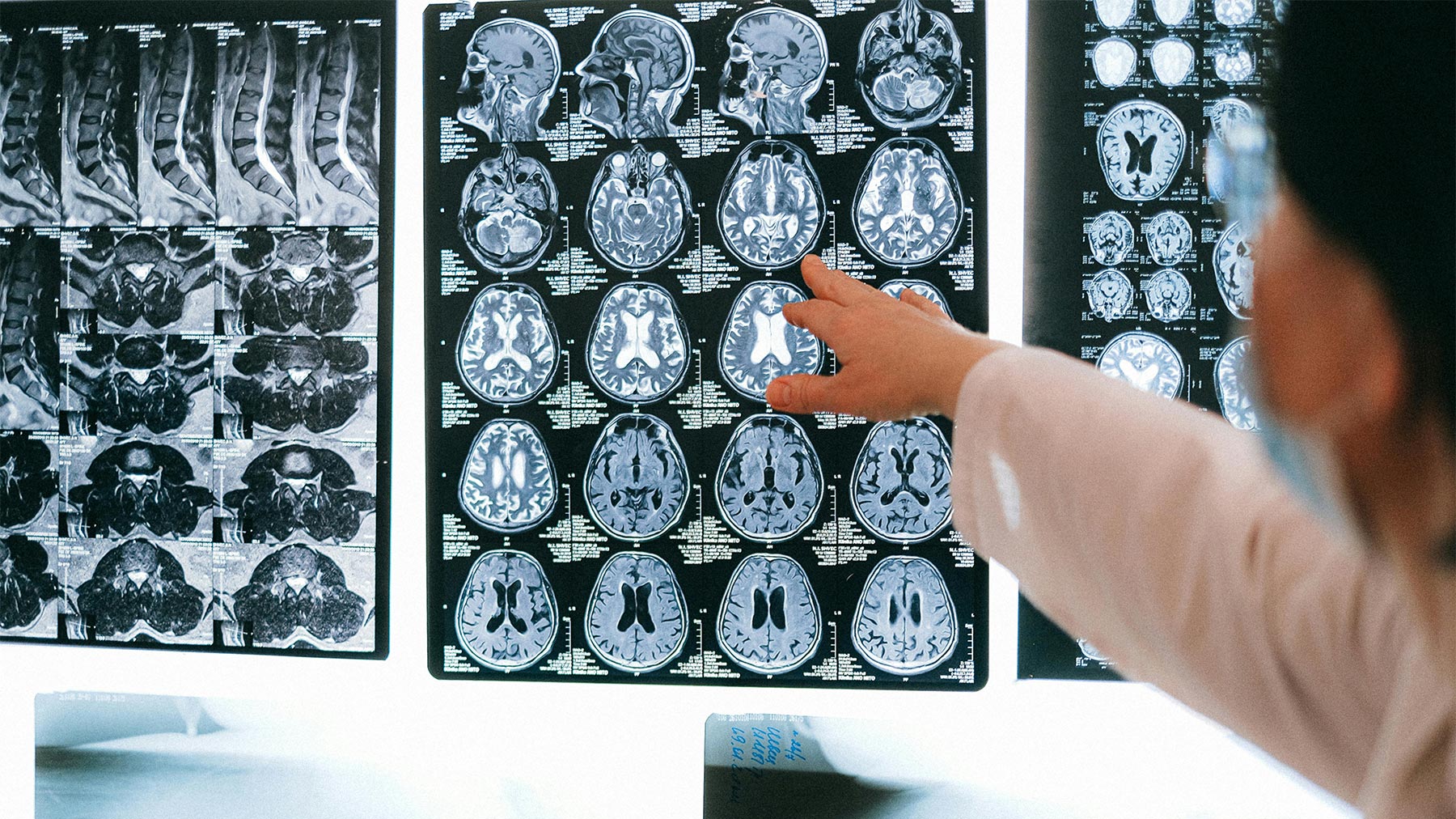What Victims Should Know About Delayed TBI Symptoms in North Carolina
Traumatic brain injuries (TBIs) are among the most serious outcomes of car accidents, workplace incidents, and falls. Yet unlike broken bones or visible wounds, the symptoms of a brain injury may not be immediately obvious. In fact, it’s not uncommon for signs of a TBI to emerge hours, days, or even weeks after the initial accident, especially when adrenaline and shock mask early warning signals.
Understanding how TBIs can develop and why symptoms might be delayed is essential to protecting your health, your rights, and your legal claim.
What Is a Traumatic Brain Injury?
A traumatic brain injury occurs when an external force, such as a blow, jolt, or penetrating injury, disrupts the normal function of the brain. TBIs can range from mild (commonly referred to as a concussion) to severe, potentially resulting in long-term or permanent impairment.
Common causes include:
- Auto collisions (including whiplash-related head trauma)
- Falls from heights or slip-and-fall accidents
- Workplace injuries involving machinery or falling objects
- Assaults or sports-related impacts
According to the Centers for Disease Control and Prevention (CDC), TBIs are a leading cause of disability in the United States, contributing to about 30% of all injury-related deaths.
Source: CDC - Traumatic Brain Injury & Concussion
Why Some TBI Symptoms Take Time to Appear
In many cases, victims may feel “fine” immediately after an accident and delay seeking medical care. But TBIs often involve swelling, bruising, or bleeding inside the skull that may not cause noticeable symptoms until pressure builds or inflammation spreads.
Factors that contribute to delayed symptoms include:
- Shock or adrenaline masking pain and discomfort
- Microbleeds or swelling that progress slowly over time
- Diffuse injuries (like diffuse axonal injury) that affect brain cells without visible damage
- Stress or fatigue that mimics or masks neurological changes
In some cases, delayed symptoms may not be linked to the head injury at first, particularly if memory, mood, or behavior changes are gradual.
Common Delayed Symptoms of a TBI
If you or a loved one was involved in an accident, it’s important to monitor for the following symptoms, even if they don’t appear immediately:
Physical Symptoms:
- Persistent headaches
- Nausea or vomiting
- Dizziness or balance problems
- Sensitivity to light or noise
- Sleep disturbances
Cognitive/Mental Symptoms:
- Memory loss or difficulty concentrating
- Confusion or slowed thinking
- Trouble finding words or forming sentences
Emotional/Behavioral Symptoms:
- Mood swings or irritability
- Anxiety or depression
- Personality changes
If any of these symptoms appear, seek prompt medical evaluation. Early diagnosis and treatment may help manage symptoms and prevent further complications.
How Delayed Symptoms Can Affect Your Legal Case
In personal injury or workers’ compensation cases, timing matters. If you wait too long to seek treatment or report symptoms, the insurance company may argue that your injury wasn’t caused by the accident.
However, delayed TBI symptoms are medically recognized, and a skilled attorney can help demonstrate the connection between your injury and the incident.
At Shankle Law Firm, we regularly assist clients with:
- Documenting medical evaluations and diagnoses
- Coordinating with neurologists and TBI specialists
- Filing claims for compensation for medical expenses, lost wages, and long-term care
- Countering insurance denials based on delayed symptom reporting
Don’t Ignore Changes After an Accident, Even Small Ones
If something “feels off” after an accident, mentally, physically, or emotionally, trust your instincts. Symptoms of a traumatic brain injury can be subtle at first but may progress quickly without treatment. Always err on the side of caution and seek medical advice if you notice changes in behavior, memory, or coordination.
Even if you walked away from an accident thinking you were okay, that doesn’t mean you’re in the clear. Your long-term health could depend on taking action early.
Contact Shankle Law Firm for TBI Claim Guidance
If you’ve experienced a head injury in a car crash, fall, or work-related incident and are now facing delayed symptoms, we encourage you to reach out. The Shankle Law Firm team can help you understand your rights and whether you may be eligible for compensation under workers’ compensation or personal injury law.
Call our team or contact us online to schedule your free consultation with an experienced personal injury advocate.
*Please Note - The content on this website is for informational purposes only and does not constitute legal advice. Viewing this site, using information from it, or communicating with Shankle Law Firm, PA through this site does not create an attorney-client relationship. For legal advice tailored to your situation, please contact us directly at (704) 370-1212.

